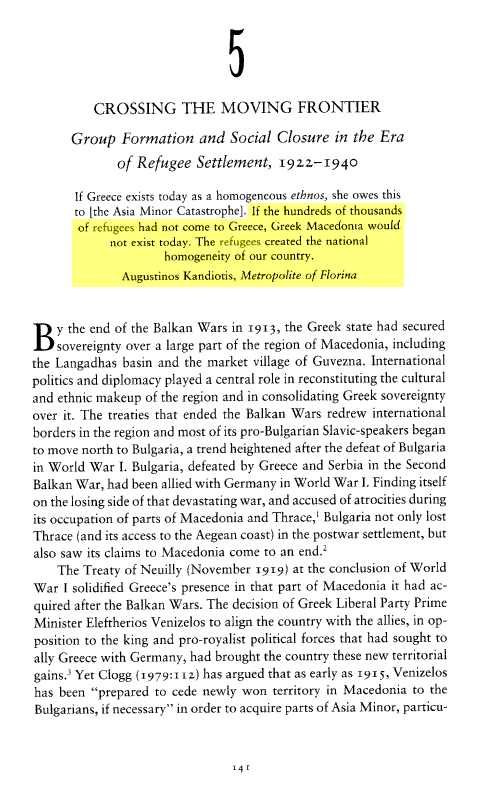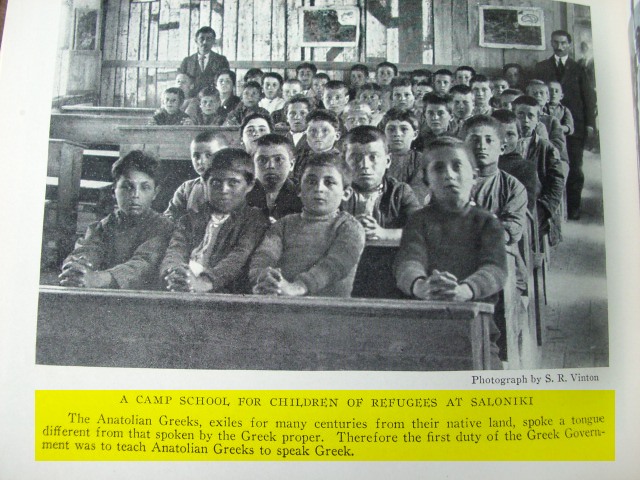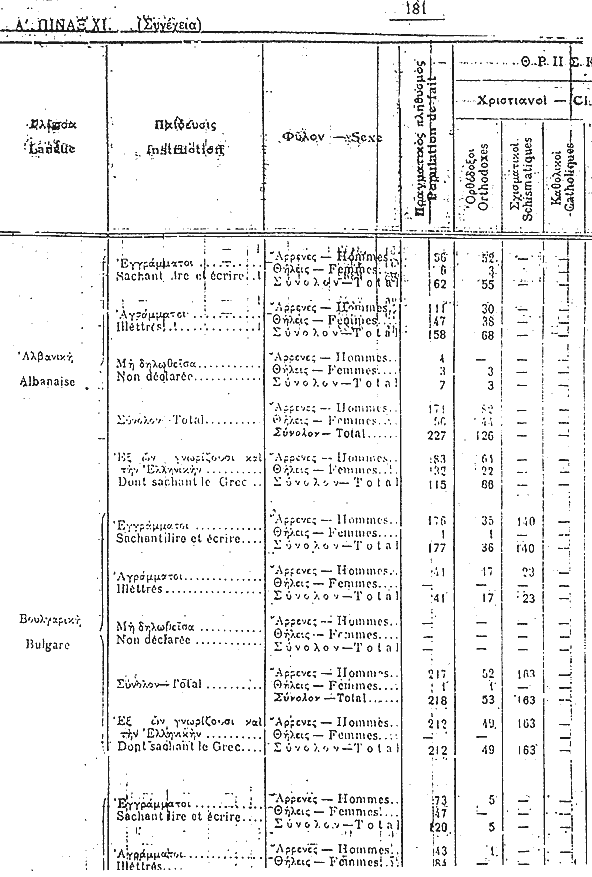Some early censuses were taken in different places and for different purposes. A census of Crete from 1644 and census records from some areas of Peloponnesus prior to 1820 taken during Venetian rule are located in Venice, Italy. Turkish rulers took frequent censuses, including one in the late 1600s, 1718, 1719, and others through 1798. In its early years of self-rule, Greece took a census in 1828 and 1830. A department of national statistics was established in 1834. A yearly census was taken from 1836–1845 and in 1848, 1853, and 1856. Later on, a census was taken in 1861, 1870, 1879, 1889, 1896, 1907, 1920, 1928, 1940, 1951, 1961, 1971, 1981, and 1991. With the addition of new territory, a special census of newly acquired areas was taken in 1865, 1881, 1900, 1913, and 1947. A special, voluntary census of refugees from Asia Minor was taken in 1923.
If anybody does have census data on the elusive population of Greece, particularly from the 19th century, do share it, even if you are Greek, it's time to face the music so you may as well lead from the front.










Comment